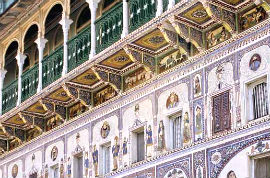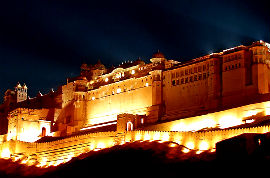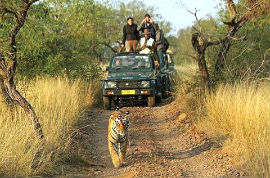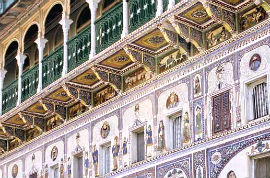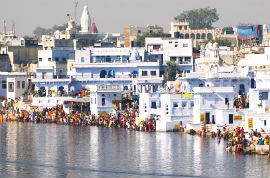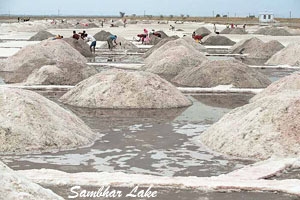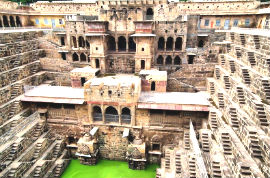Samode Day Tour
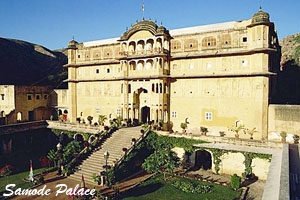
Samode Day Tour
Duration: Full Day
Time of departure: 8:00 AM
One of the nicer day trip to Samode from Jaipur, Samode is a small village which is located about 40 kms in northwest part of Jaipur. Samode is situated in the foothills of the Aravali range. There are various tourists spots in Samode like Samode palace, gardens, temples, old water wells, forts, chhatris, old gates etc. In addition to all these, there is also a large variety of local arts and crafts in Samode like jewellery, iron work, leather, carpet weaving, stone cutting, miniature paintings, lac, etc.
TOUR DETAILS
After arrival at Jaipur, you will be received by our representative at your desired place in Jaipur and further drive straight for excursion tour to Samode. It takes 1:30 hrs. to reach Samode from Jaipur.
Samode is located 40 kms from the historic city of Jaipur, you discover Samode amidst the hills of the Aravalli range. Samode is a perfect excursion spot that is located in Indian in the royal state of Rajasthan. Samode is a very small village that is known for its forts and havelis. This place is located close to the green Aravali hills. Samode is famous for Samode Palace, Samode Garden and Samode Fort. There is a quiet simplicity in the stark landscape with its slim paths winding between fields of cauliflower and golden mustard, a few hardy trees, an endless clear view that leads up to the fortressed hills and clear sky.
Samode Palace
The palace, built by the noblemen of the court of the royal family, is located near the Samode village on the outskirts of Shekhawat. It is built of sandstone at the foot of the Aravalli range of hills (the foremost mountain range of north-western India) with a fortress like setting. The interiors of the palace are composed in the ancient architectural style of Rajasthan: marble floors, intricately ornamented pillars, mosaic walls (with tiny pieces of small inlaid stones), with luxurious carpets, and decorated with old wall paintings (hunting scenes, floral motifs and so forth). At the entrance gate of the palace is a unique piece of a large sized treasure chest made of dark wood with marble settings and gleaming glass. The Sheesh Mahal (Hall of Mirrors) is located on the southern side of the palace. The frescoes in the Durbar hall and in the Sultan Mahal are said to be 250 years old. The palace is built on three levels (planned in a sequence of courtyards of increasing height) with a patio on each floor. There is an old ruined fort above the palace from where a panoramic view of the valley could be seen. The fort area is overgrown with vegetation but stone paved paths have been built to reach the fort heights. Samode fort was the former residence of the Maharaja. It is said that an underground passage links it to the palace that provided access at times of emergency. It is now approached by a well laid out stone paved path (300 steps). There is also an entry gate to the ruined fort. Two other forts close by complete the circuit of a circular walk from and back to the palace. There is also a small temple, 3 kilometres away from the fort. The Samode village near the palace is noted for its cloth made by block printing and also for handicrafts such as bangle making. There is a small artists’ colony in the village where miniature paintings are made.
Samode Haveli
The haveli is built facing north. It has an elegant painted dining room and an airy passage. It has a unique ambiance of the historic juxtaposed against a contemporary setting. An elephant ramp, specially constructed at the entrance to the haveli, was laid in 1940 on the occasion of the marriage ceremony of a member of the Royal family.
Samode Bagh
Samode Bagh, or garden, a 16th-century Mughal style garden, enclosed by a 15 feet (4.6 m) high wall is spread over an area of 20 acres (8.1 ha). It also has 44 sandbank coloured tents with air-conditioning to accommodate visitors. It blends traditional Rajasthan and Mughal décor with the Victorian style, with modern facilities. It has a 200 feet (61 m) long water channel with a row of fountains that are fed by springs and wells. The tent walls also depict elegant paintings in Mughal art. The tents have been furnished with carpets, standing lamps and well designed beds and chairs and other modern facilities. There is also a 150-year-old pavilion within the precincts of the garden.
